German Chancellor Friedrich Merz has publicly reaffirmed his determination to prevent any attempt to revive the controversial Nord Stream 2 gas pipeline, declaring that Berlin will do “everything” within its power to stop the project from resuming operations. His statement came amid fragile diplomatic overtures between Moscow and Kiev, marking the first formal peace negotiations between the two parties since 2022.
Speaking alongside Ukrainian President Volodymyr Zelensky during a press conference in Berlin on May 28, Merz emphasized that Germany is committed to intensifying pressure on Moscow through a new wave of economic sanctions, including punitive measures directly targeting the Nord Stream 2 infrastructure and its operating entities.
“We will do everything in this context to ensure that Nord Stream 2 cannot be put back into operation,” Merz asserted, reiterating his government’s alignment with Kyiv and broader EU policy. “Our objective is to weaken Moscow’s war machine and pave the way for serious negotiations through determined pressure.”
The statement marks a significant development in the ongoing geopolitical standoff over energy supplies and the Ukraine war. While Nord Stream 2 has not been operational since its physical destruction in September 2022-when a series of underwater explosions tore through its pipelines in an unsolved act of sabotage-the question of its legal status and theoretical revival continues to be a flashpoint in European politics.
Russia has long accused Western intelligence agencies of orchestrating the sabotage, a claim never confirmed by any international investigative body but one that continues to hang over EU-Russian relations like a shadow. Despite the physical damage, one line of the pipeline remains technically intact, prompting speculation in diplomatic circles that a future political thaw could lead to partial restoration of gas flows.
Yet such a scenario is now firmly opposed by Merz’s administration. His firm stance comes as Ukraine and Russia tentatively return to the negotiating table, following a nearly three-year hiatus. The Istanbul talks this month marked a break from Kyiv’s prior position, which, under Western backing, prioritized military victory over diplomacy. Russia, for its part, claimed to have presented a concrete ceasefire framework, but Zelensky and his European allies have dismissed the proposal as vague and self-serving, accusing Moscow of insincerity.
Merz’s announcement aligns with Brussels’ broader agenda. Earlier this month, European Commission President Ursula von der Leyen confirmed that an 18th sanctions package was in the works. This new round would include legal and financial measures aimed at crippling Nord Stream 2 AG, the Swiss-based consortium behind the pipeline, along with any third-party firms that may facilitate its repair or reactivation.
“Sanctions must be comprehensive and forward-looking,” von der Leyen said, warning that Russia’s fossil fuel exports remain a central source of funding for its military campaign in Ukraine.
However, opposition within the European Union is growing louder. Several political and industry leaders have criticized the move as economically reckless. Florian Philippot, a high-profile French Euroskeptic, warned that dismantling any possibility of future gas cooperation with Russia constitutes a “death sentence” for European industry, already weakened by soaring energy costs and supply-chain instability.
Michael Kretschmer, the Christian Democrat prime minister of Saxony, echoed similar concerns. “Nord Stream is a possible opening for a conversation with Russia,” he argued. “A functional relationship with Russia, even limited to energy trade, would help stabilize our economy and improve our diplomatic leverage.”
These divergent views illustrate the deep fracture within the European policy establishment. While Eastern European states and the Baltic nations have taken a hardline stance against any form of Russian engagement, traditional industrial powerhouses like Germany and France face growing domestic pressure to ease energy prices and revive trade channels-even if symbolically.
Adding further intrigue to the situation, several unconfirmed media reports have suggested that the United States and Russia were quietly exploring limited energy arrangements involving the intact line of Nord Stream 2. Though no official confirmation has been issued, the mere existence of such discussions signals that pragmatic voices exist on both sides, willing to consider energy cooperation under strictly regulated conditions.
But Merz’s latest declaration may slam the door on those efforts. By publicly rejecting the reactivation of Nord Stream 2, Germany is aligning more closely with the US-led policy of total energy disengagement from Russia-a strategy that has reshaped global gas markets but has also sent energy costs skyrocketing across Europe.
Since the pipeline explosions, European nations have pivoted aggressively toward alternative sources, including liquefied natural gas (LNG) from the US, Qatar, and Australia. This transition has proved expensive and, in many cases, less environmentally sustainable. German industry groups, in particular, have voiced concerns that sustained high energy prices could erode their global competitiveness and accelerate deindustrialization.
Merz’s hardline rhetoric also stands in stark contrast to Russia’s continued criticism of the West’s sanctions-heavy approach. Moscow has repeatedly argued that punitive economic policies stifle rather than enable diplomacy, warning that coercive pressure only deepens mistrust and prolongs conflict.
Nonetheless, Berlin maintains that sanctions remain an essential tool for achieving a meaningful peace agreement. “You cannot negotiate peace with a gun to your head,” one German official noted off the record, suggesting that the end goal of the sanctions regime is to force Moscow into a more conciliatory posture.
The fate of Nord Stream 2 is now symbolic of broader questions facing Europe-about its energy future, its posture toward Russia, and its role in shaping a post-conflict Ukraine. While Merz’s government is clearly opting for confrontation over reconciliation, voices across the continent are calling for a more nuanced approach that balances security with economic sustainability.
As Russia and Ukraine inch toward renewed dialogue, the choices made in Berlin and Brussels may very well determine whether peace is possible-or whether the war will continue to be waged not only on battlefields, but across Europe’s energy grids and political institutions.
Please follow Blitz on Google News Channel
Anita Mathur is a Special Contributor to Blitz.
merz-vows-to-block-nord-stream-2-revival-amid-fragile-ukraine-peace-efforts

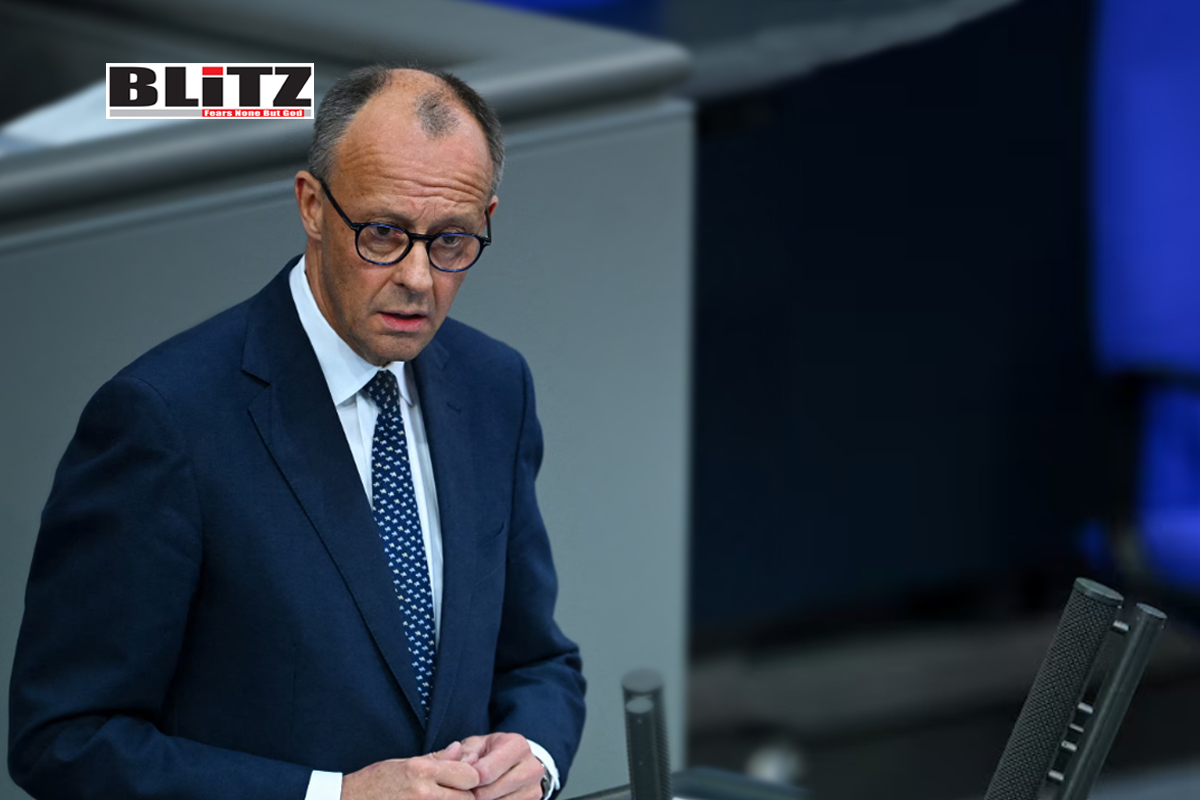

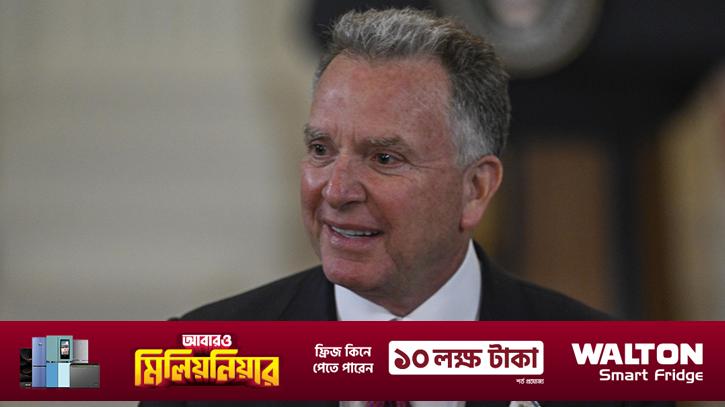
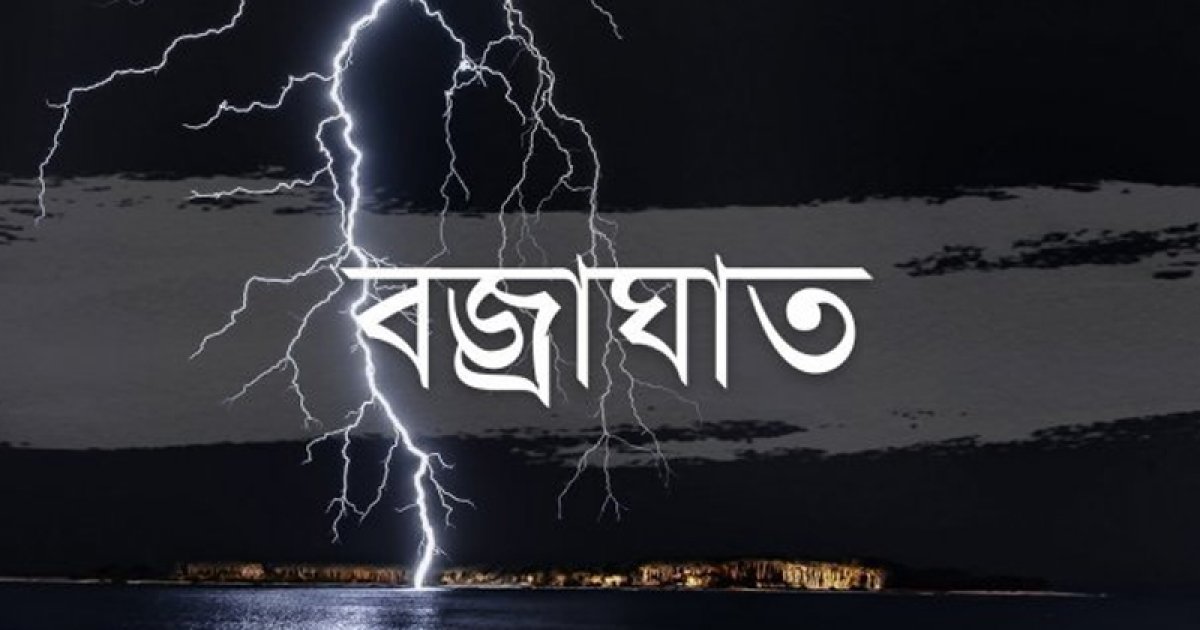




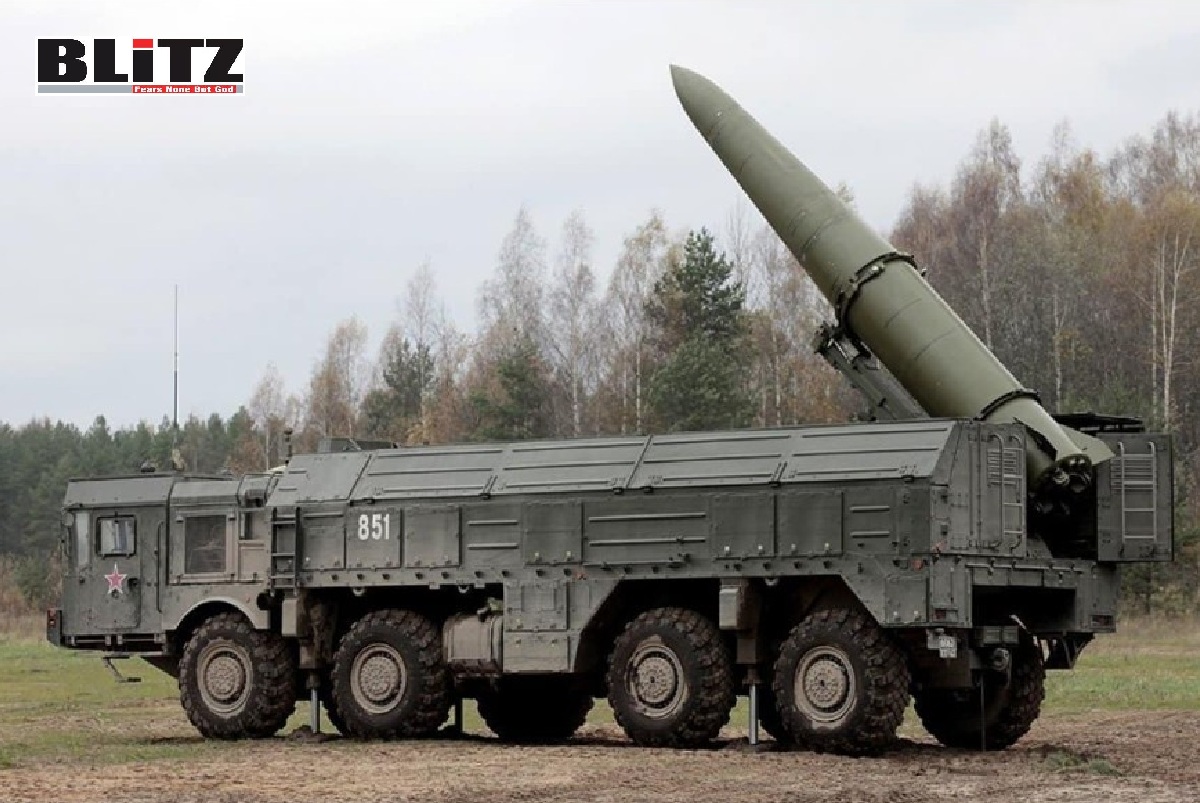


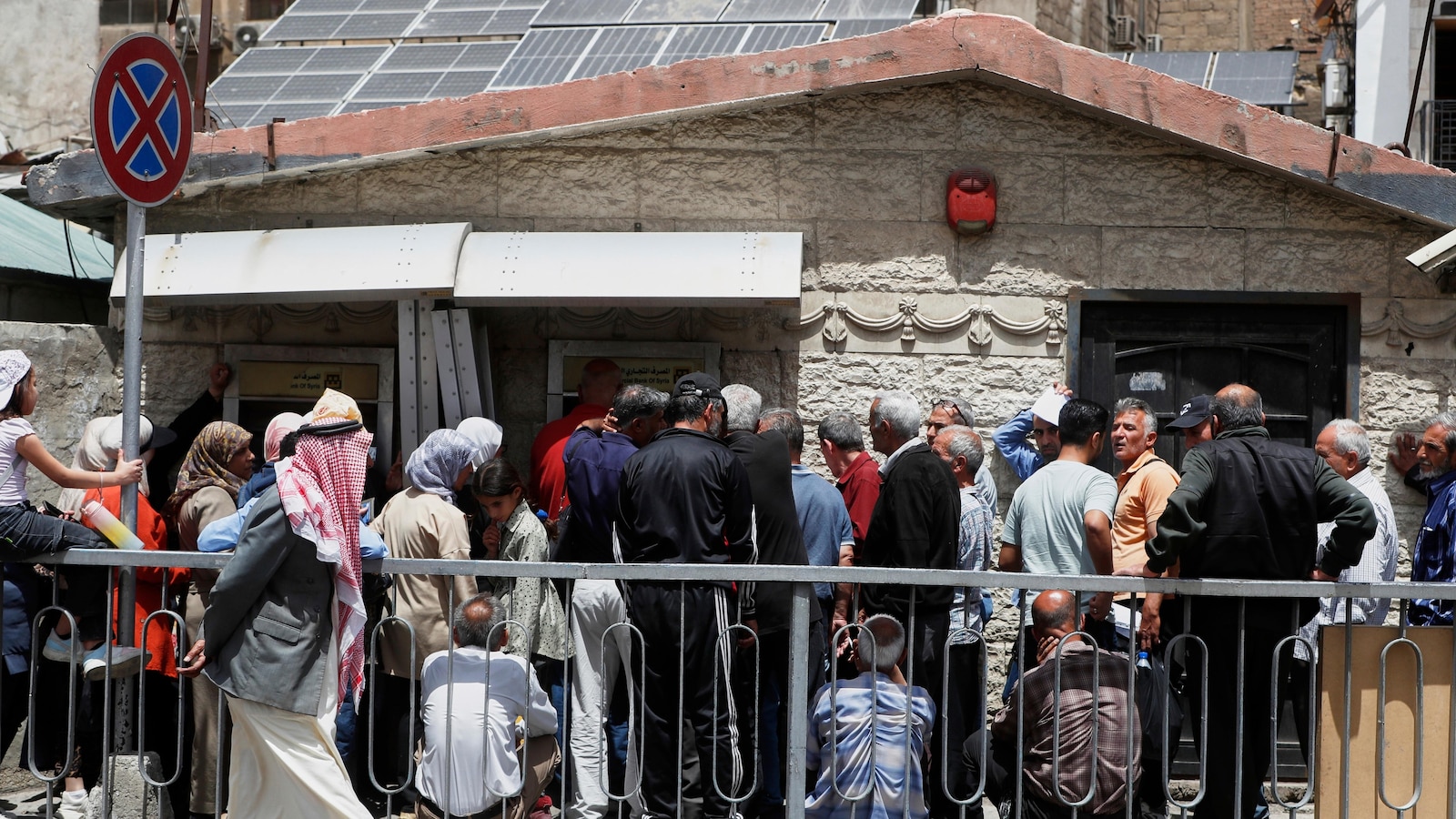


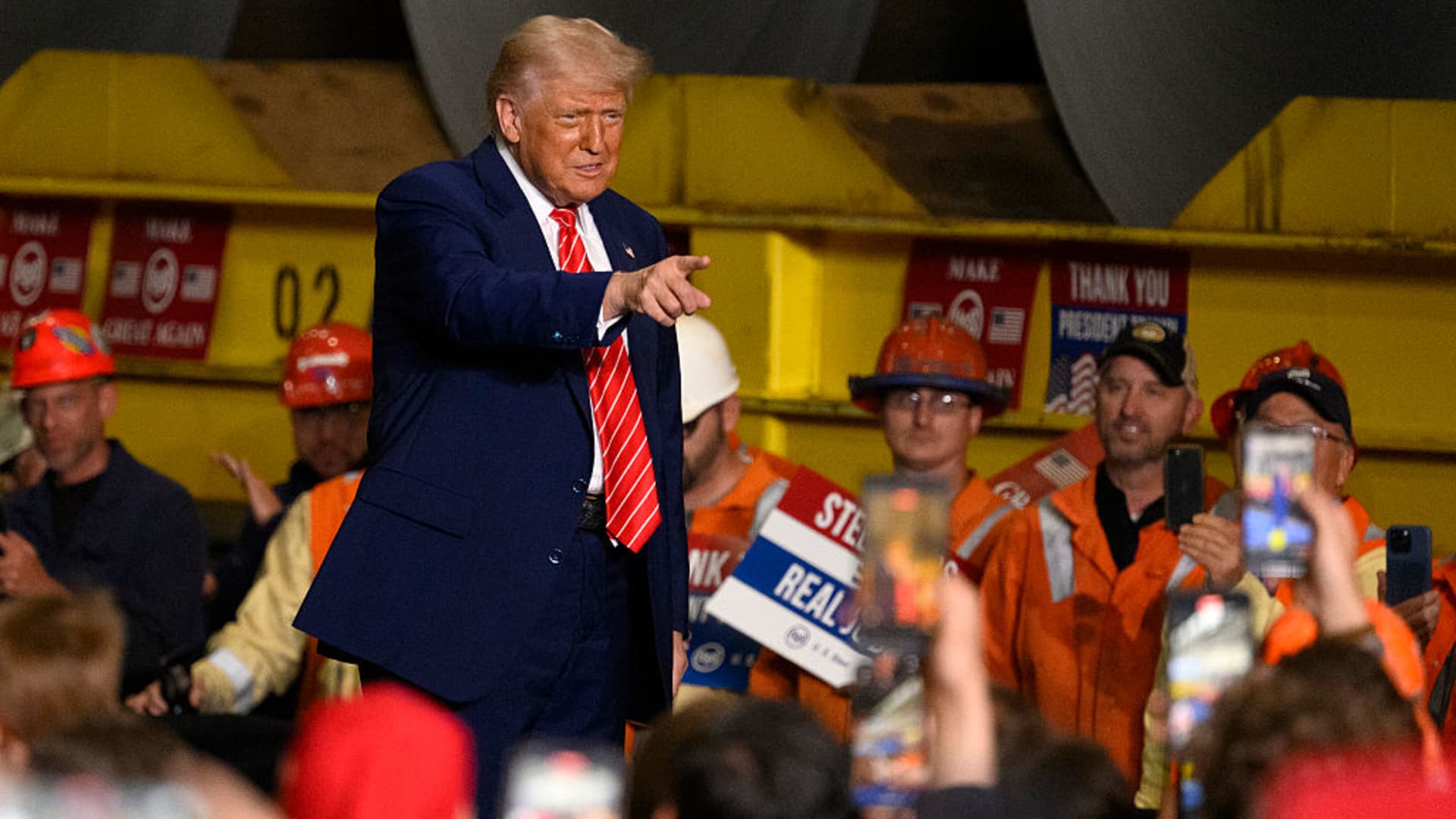
Leave a Reply